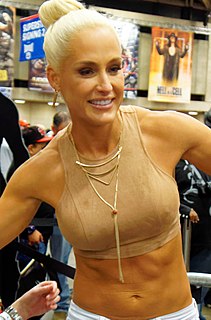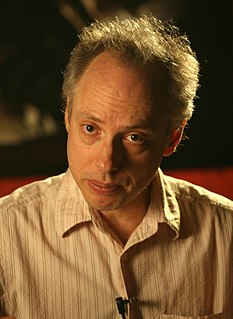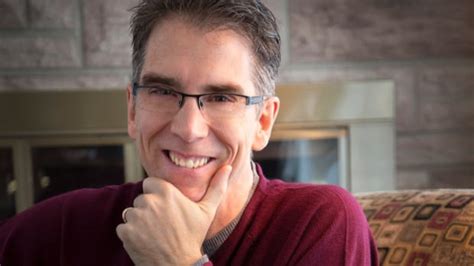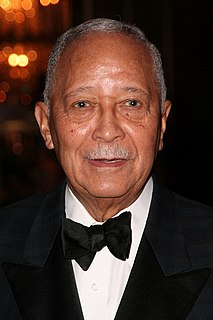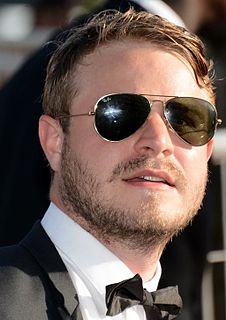A Quote by Matt Groening
I can't believe it! Reading and writing actually paid off!
Related Quotes
The great thing about writing is that...you can do all these antisocial things and you get paid for them and nobody ever arrests you because they're all make-believe. Then that way if you were actually ever driven to do any of those things, the pressure's off because you'd have already written them down. It's therapy.
When I was thirteen, I was in a supermarket with my mother, and for no reason at all, I picked up a science-fiction book at the checkout stand and started reading it. I couldn't believe I was doing that, actually reading a book. And, man, it opened up a whole new thing. Reading became the sparkplug of my imagination.
There are two magic acts I want to pull off when I write. One is creating a feeling that when you're inside a book, you believe everything you're reading even when you know it's not true. And the second is an extension of that, which is you know it's not true, you know it's not real, but you believe it anyway. And it's that believing of the story that isn't real that attracted me to writing and storytelling in general.
THE WRITER can get free of his writing only by using it, that is, by reading oneself. As if the aim of writing were to use what is already written as a launching pad for reading the writing to come. Moreover, what he has written is read in the process, hence constantly modified by his reading. The book is an unbearable totality. I write against a background of facets.
I do believe that one's writing life needs to be kept separate from Po-Biz. Personally, I deal with this by not attending too many poetry readings, primarily reading dead poets or poems in translation, reading Poets & Writers only once for grant/contest information before I quickly dispose of it, and not reading Poetry Daily. Ever.



